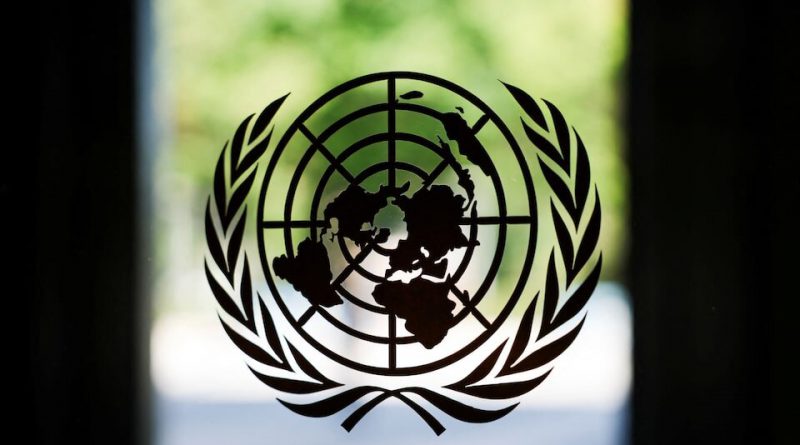UN Cybercrime Treaty Marks Global Unity Against Digital Threats
Hanoi – The global fight against cybercrime has taken a historic step forward as the United Nations prepares to sign a landmark cybercrime treaty in Hanoi, Vietnam.
The signing ceremony, which will see around 60 nations come together, symbolizes a collective global effort to strengthen digital security and foster international collaboration in combating online offences that continue to threaten economies and societies worldwide.
This significant moment marks a shared commitment to creating a safer, more secure digital future for all.
The convention will officially take effect once it is ratified by at least 40 countries, establishing a comprehensive legal framework to enhance cooperation between nations in addressing cyber-related crimes. As digital technology rapidly evolves, so do the threats associated with it, making the treaty’s introduction both timely and essential.
By uniting under this agreement, countries aim to ensure that justice systems worldwide can effectively respond to crimes that transcend borders, from sophisticated online scams to ransomware attacks and illegal data breaches.
At the opening ceremony, U.N. Secretary-General Antonio Guterres emphasized that cyberspace has become a new battleground for criminal activities, with everyday people and businesses falling victim to cyber frauds and scams.
He described the treaty as a powerful and legally binding instrument that strengthens collective defences against such crimes.
The initiative also highlights the U.N.’s dedication to maintaining global peace, security, and trust in digital environments, reinforcing the idea that technology must serve humanity positively rather than be misused for harm.
The scope of the convention is broad and inclusive, targeting various forms of cyber offences such as phishing, identity theft, online trafficking, ransomware, and digital hate speech.
It aims to bring coherence and efficiency to international efforts that currently operate under fragmented or inconsistent national laws.
With cybercrime estimated to cost the global economy trillions of dollars annually, the treaty is expected to reduce economic damage and protect individuals and businesses from devastating losses.
Vietnam’s hosting of the signing ceremony reflects the nation’s growing role on the global stage. President Luong Cuong praised the agreement as a triumph of multilateral cooperation, showcasing how countries can unite to overcome differences and share responsibilities for the common good.
He stated that this convention represents not only a new legal milestone but also a demonstration of solidarity and collective responsibility toward peace, stability, and development in the digital age.
The participation of global powers such as the United States, Canada, and members of the European Union underscores the treaty’s far-reaching importance.
Their involvement demonstrates a mutual recognition that cyber threats cannot be tackled in isolation and require an integrated, global response.
The agreement also seeks to ensure that developing nations gain the capacity to protect their citizens and infrastructures from increasingly sophisticated cyberattacks.
While some technology companies and rights organizations have expressed caution, the treaty includes safeguards to uphold human rights and legitimate research activities.
The U.N. Office on Drugs and Crime, which led the negotiations, clarified that the document was carefully drafted to balance security measures with fundamental freedoms.
By including provisions that protect ethical researchers and promote transparency, the treaty aims to prevent misuse while encouraging innovation in cybersecurity.
Vietnam, as host, views the event as an opportunity to strengthen its own cyber resilience and international partnerships. The country has faced growing cyber threats targeting essential sectors, making this treaty a vital step toward bolstering its digital defences.
Hosting the signing also elevates Vietnam’s standing as a key player in global diplomacy and as a nation committed to fostering technological progress and international trust.
The signing of the U.N. Cybercrime Convention in Hanoi is more than a diplomatic event—it represents a new era of global unity in addressing one of the 21st century’s most urgent challenges.
It signifies hope that nations can rise above divisions to create a framework that protects individuals, promotes peace, and empowers innovation in a secure digital world.
Through cooperation, transparency, and shared responsibility, this agreement has the potential to redefine global cybersecurity for generations to come.



